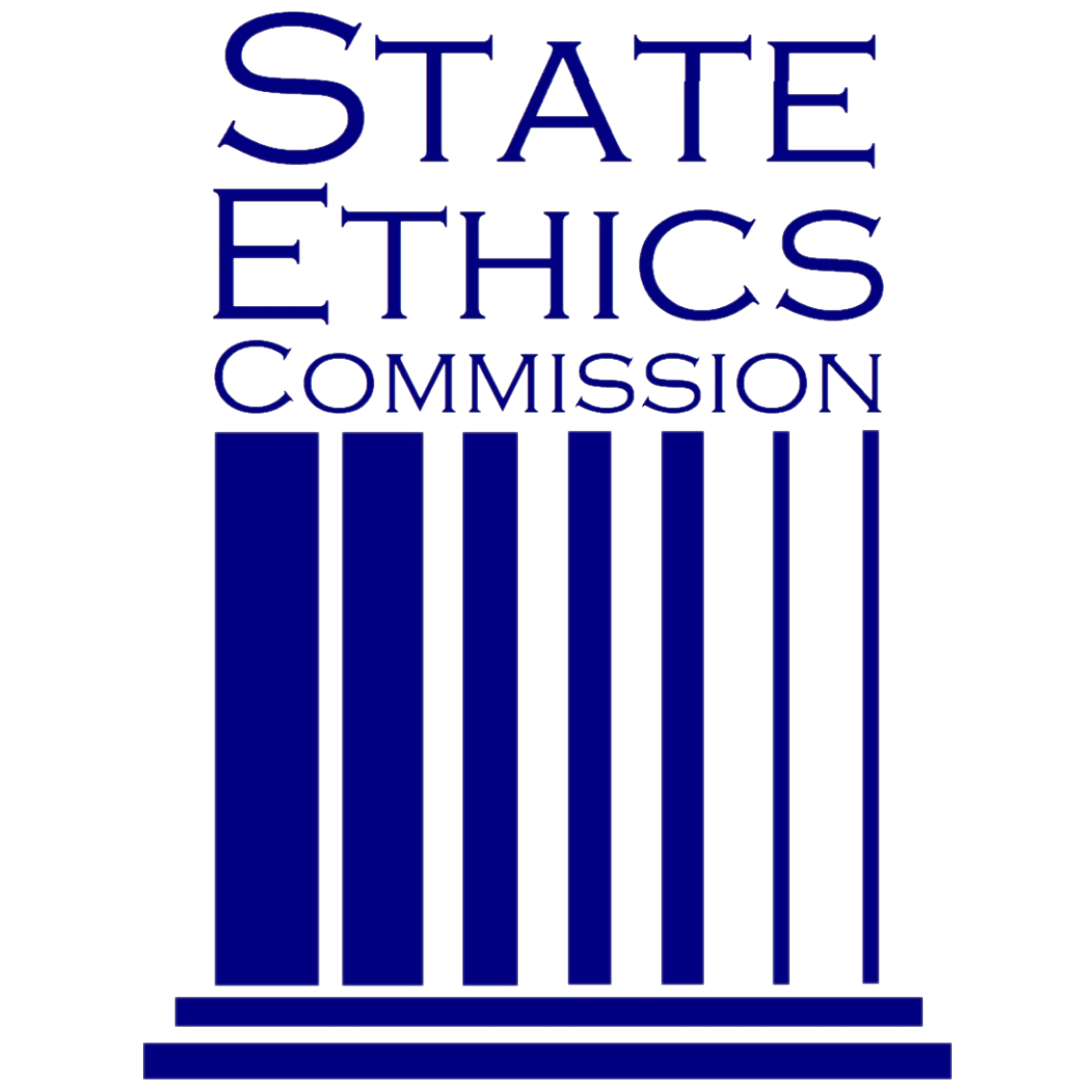- David A. Wilson, Executive Director
Media Contact
Gerry Tuoti, Public Information Officer
Boston, MA — The Supreme Judicial Court recently upheld the conviction of former West Springfield Police Captain Daniel Spaulding, who was sentenced to one year probation in 2021 for using over $1,000 he took from the police department’s evidence room to pay his home mortgage.
Spaulding was criminally prosecuted and found guilty of obtaining an unwarranted privilege with fraudulent intent, in violation of sections 23(b)(2)(ii) and 26 of the state conflict of interest law, General Laws chapter 268A. Section 23(b)(2)(ii) prohibits public employees from using or attempting to use their official positions to obtain for themselves or others unwarranted privileges or benefits of substantial value that are not properly available to similarly situated individuals.
In his appeal of the conviction, Spaulding argued, in part, that the meaning of “unwarranted privilege” in the conflict of interest law is unconstitutionally vague and there was insufficient evidence that his “borrowing” of the money from the evidence room violated the law.
In its amicus brief, the Commission explained that, based on the common dictionary definitions of “unwarranted” and “privilege” and in applying common sense, it has “consistently interpreted § 23(b)(2)(ii) to prohibit public employees from using public resources associated with their public position for their own private interests.”
In upholding Spaulding’s conviction, the Supreme Judicial Court states that the Commission has correctly interpreted “unwarranted privilege” to include the misuse of the benefits, privileges, or advantages of office for personal gain. “An officer of ‘ordinary intelligence’ would know, or have reason to know, that using money in the evidence room to pay his personal expenses would constitute an unwarranted privilege …” the decision states. “This is true even if the officer intends to pay the money back at some point.”
The State Ethics Commission is a non-partisan, independent state agency responsible for interpreting and civilly enforcing the conflict of interest law and financial disclosure law. The Commission encourages public employees to contact the Commission’s Legal Division at 617-371-9500 for free advice if they have any questions regarding how the conflict of interest law may apply to them.
